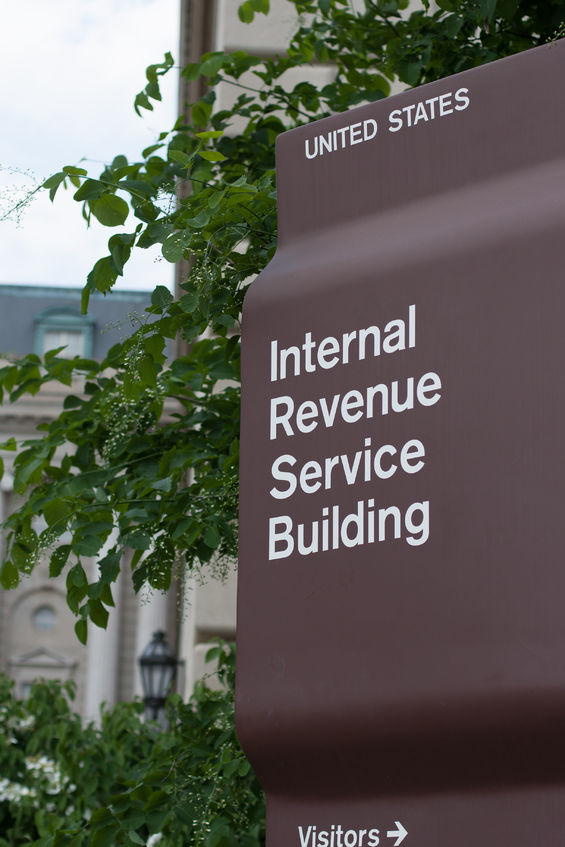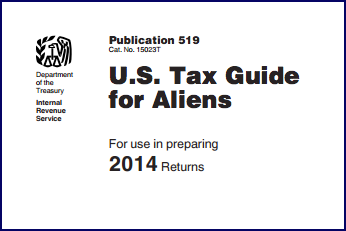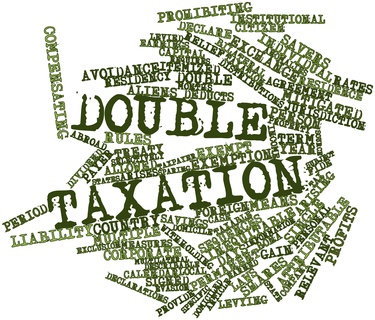IRS and Tax Payer
IRS and Tax Payer

Case Where Texas Ranchers Were Victorious in IRS Appeal
Dallas Appeals Officer Reverses IRS DecisionAllows Business Expenses and Ranching Losses for 2011 & 2012…

Tax Evasion: No One Is Immune From Prosecution
The U.S Department of Justice, Tax Division:Federal Tax Prosecutions Continue Unabated Many taxpayers are skeptical…

Making Appeals to the IRS: What You Need to Know
How to Make an Appeal to the IRS: What You Need To Know Tax cases…

Tax Controversy: What to Do When You Get An Audit Letter
The phrase “tax controversy” is used in the legal profession to define tax disputes that…

Publication 519: What You Need to Know
What You Need to Know About IRS Publication 519 Publication 519 is provided by the…

Doubling Down: How an International Tax Lawyer Can Save You From Double Taxation
How Tax Lawyers Can Help Prevent Double Taxation Confusions The notion of an international tax…